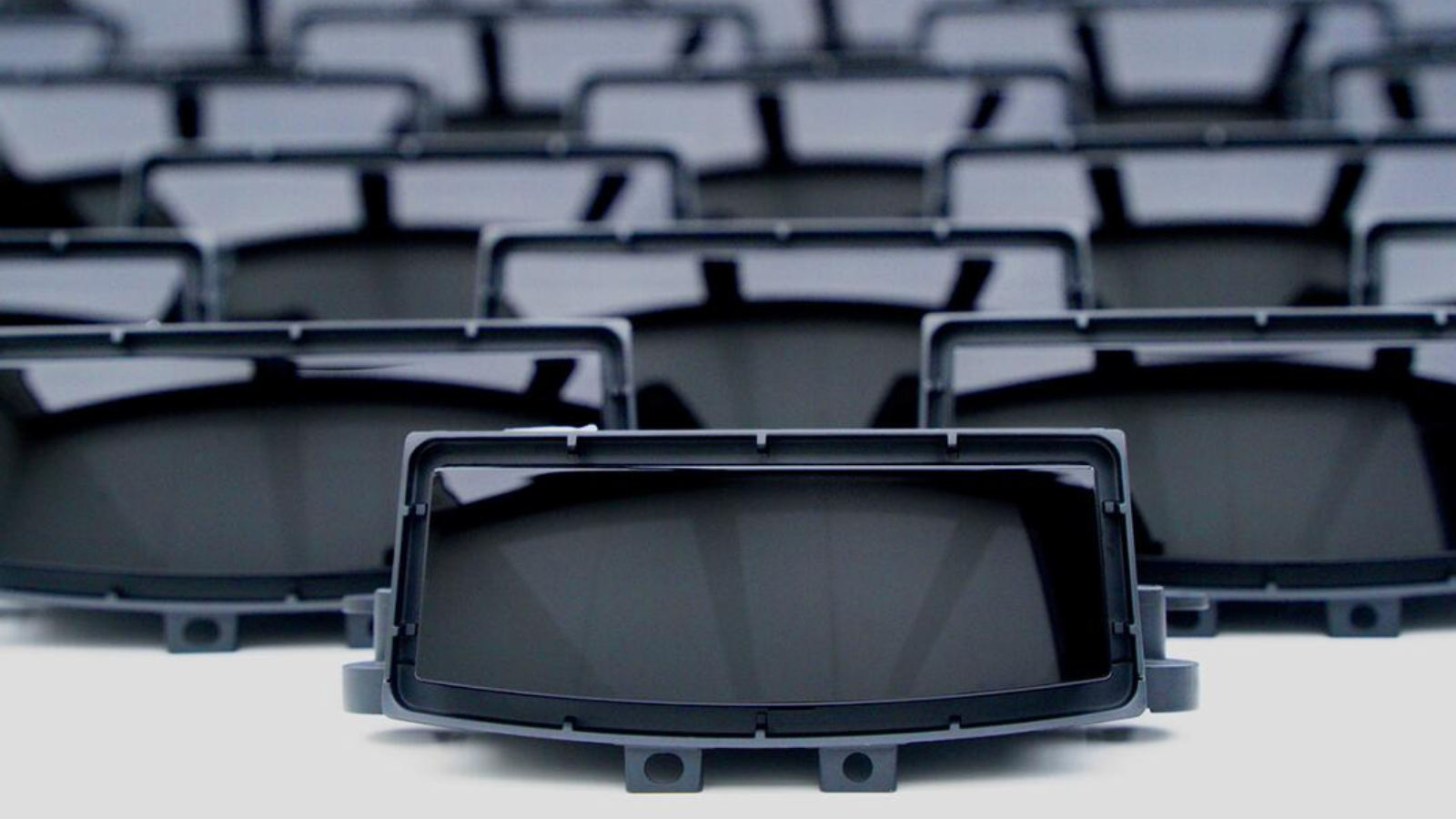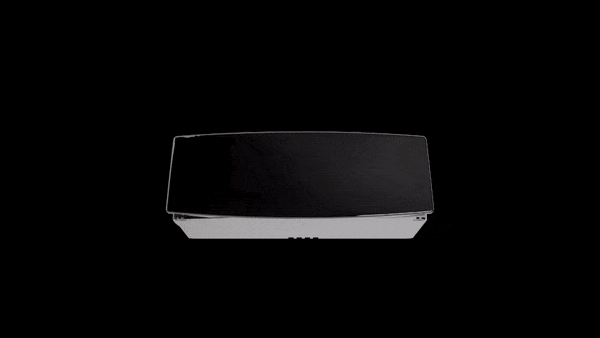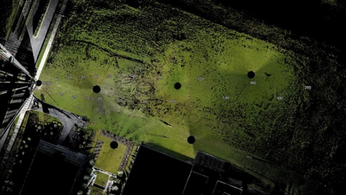
Supplier Li Auto over 10,000 deliveries of Hesai's LiDAR in September
Over 10,000 deliveries of LiDAR from Hesai in September is going to be a breakthrough for auto industry
Hesai is also constructing a new $200 million factory that is anticipated to be operational by 2023 and have an annual capacity of more than 1 million units.
Hesai claimed that it took just under three months from the beginning of mass production to a monthly delivery rate of more than 10,000 units.
According to the company, this marks not just a significant achievement for Hesai but also the official beginning of the global mass production distribution of LiDARs for automobiles.
Notably, Hesai made no mention of the fact that Li Auto appeared to have contributed mostly to the delivery volume.
Li Auto's latest SUV, the Li L9, which began shipping on August 30, already makes use of Hesai's AT128 LiDAR, which was introduced last year.

Hesai's announcement comes a day after Li Auto reported on September 28 that the 10,000th Li L9 had left the company's Changzhou, Jiangsu province manufacturing facility.
On September 26, just a few days before the anticipated announcement of September delivery data, Li Auto decreased its forecast for third-quarter deliveries.
According to a business announcement, Li Auto now anticipates delivering around 25,500 automobiles in the third quarter, down from an earlier forecast of 27,000 to 29,000 vehicles.
Li Auto says the change is a direct result of supply chain restrictions, even though overall demand for the company's automobiles is still high.
Considering that it delivered 10,422 automobiles in July and 4,571 vehicles in August, Li Auto's most recent outlook indicates that it anticipates delivering 10,507 vehicles in September.
STAY ON TOP OF THE NEWS
Join the free newsletter to receive the latest updates in your inbox.
Hesai, on the other hand, claimed in its announcement today that the AT128 secured contracts from prestigious automakers upon its release, including Li Auto, Jidu, HiPhi, and Lotus, despite not being the first semi-solid-state LiDAR device to hit the market.
According to an earlier announcement from Hesai, it has alliances with businesses including Li Auto, Jidu, Aiways, WeRide, and Nvidia.

The AT128 hybrid solid-state radar from Hesai will serve as the primary radar in Xiaomi's initial model, with a number of all-solid-state radars serving as backup radars, according to a story from LatePost earlier this month.
According to Hesai, the entire production line is 90% automated and runs at a 60-second rate, meaning that a qualified LiDAR typically leaves the line every 60 seconds.

LiDAR INSIGHTER Newsletter
Join the newsletter to receive the latest updates in your inbox.





